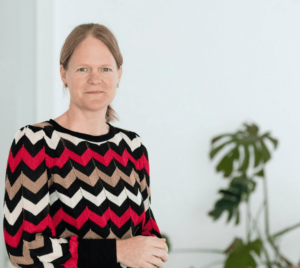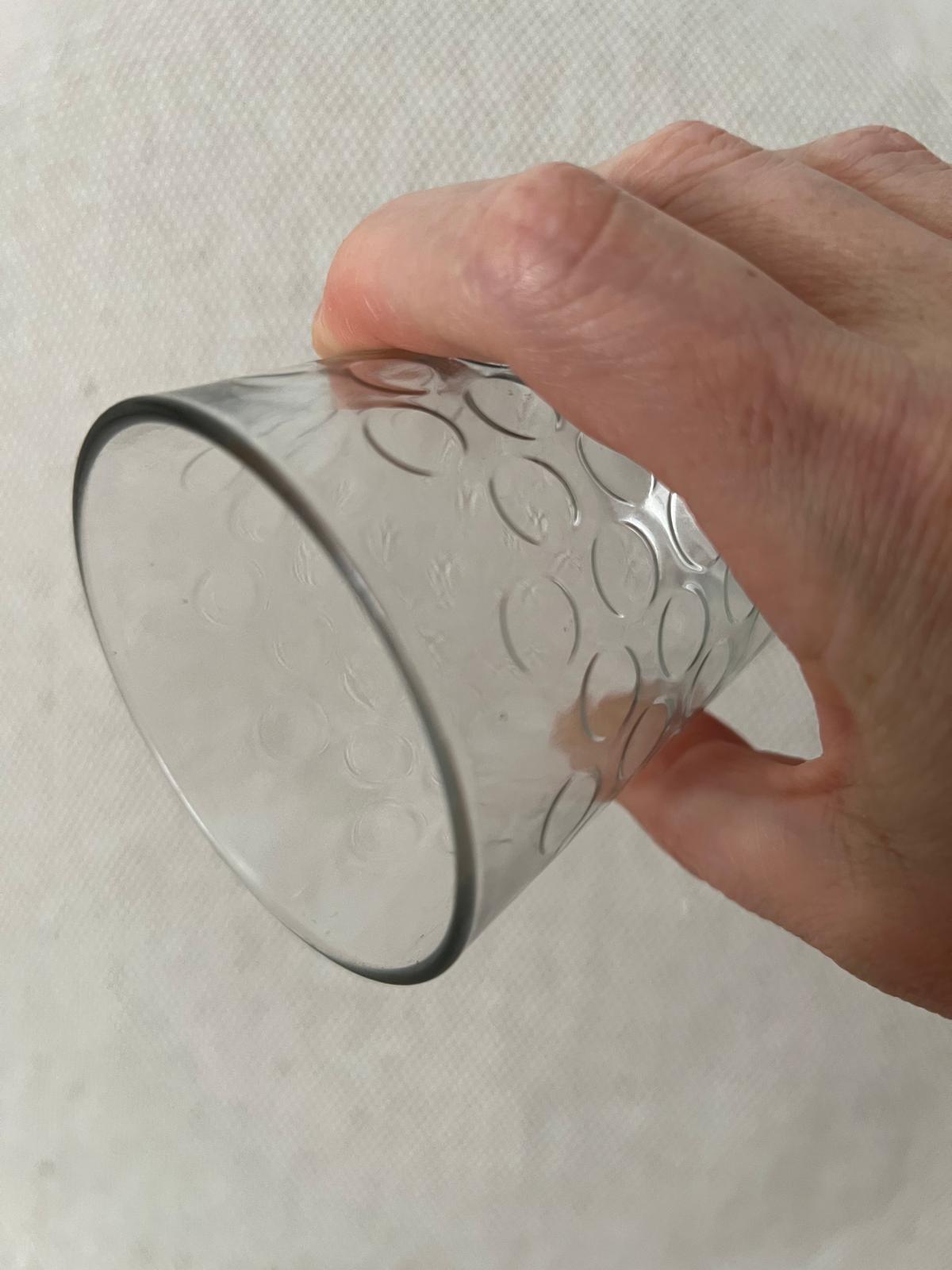

Your way to a vida plena

Are you someone who’s always there for others?
You can sense exactly what someone needs, you help without hesitation, and you put your own needs off “until later”?
That might sound admirable, but did you know this pattern can literally harm your health?
Canadian physician Dr. Gabor Maté discovered that people with certain personality traits have a higher risk of developing an autoimmune condition. This includes people who:
Sound familiar? Then you may belong to the group that, often unconsciously, puts themselves last. And yes, this happens more often in women. Not because women “are like that,” but because culturally we’ve been taught to take on the caregiving role. The result: we consistently put the needs of others above our own.
The price of ‘always being good’
When you continuously push past your own limits, you live in a constant state of stress. Your body stays in “fight-or-flight” mode, which impacts your immune system. In the long term, this can contribute to the onset or worsening of autoimmune disease.
A real-life example
Recently, I spoke with Maria (not her real name), a 42-year-old mother of two. She worked part-time in healthcare, volunteered at her children’s school, and also cared for her aging parents. “Caring for others is just in my blood,” she told me.
She suffered from constant fatigue, muscle aches, and vague inflammation. Medical tests found nothing specific, but her symptoms persisted. When we reviewed her week together, it became clear there were almost no moments just for herself. Even the time she had “set aside” for herself was often filled with tasks for others.
In our coaching sessions, Maria learned, step by step, to listen to her body and set small boundaries. She discovered that saying “no” wasn’t selfish, it was self-preservation. Within a few months, her energy levels improved, and her symptoms eased.
Do we suddenly have to become selfish?
Of course not. It’s not about putting up an “Me First” sign, it’s about balance.
It starts with getting to know yourself better:
Mini-exercise: 3 questions for today
Take a moment for yourself and write down your answers:
Try this every day for a week. It doesn’t have to be big, sometimes a short walk, a breathing exercise, or quietly enjoying a cup of coffee can make all the difference.
Working together towards balance
This is exactly what I work on in my coaching program. Together, we explore your patterns, learn to recognize your signals, and practice ways to express your emotions in a way that feels right for you. So that you not only take care of others, but also of yourself.
💡 Because taking care of yourself is not selfish. It’s self-preservation.